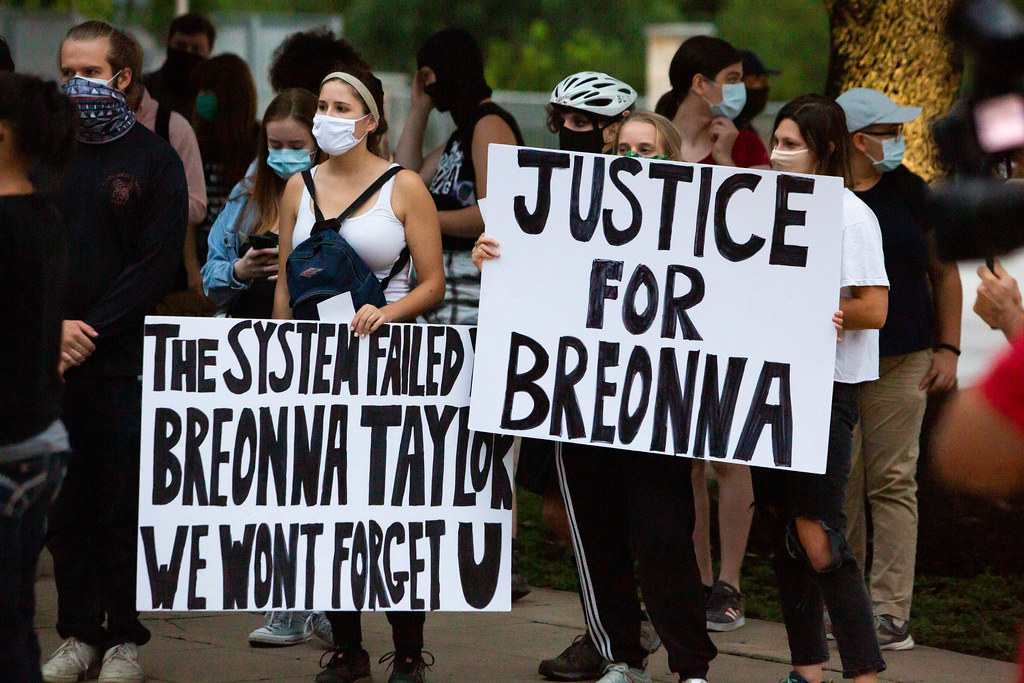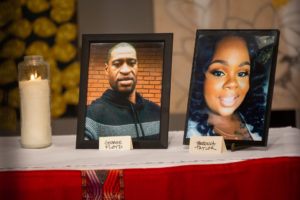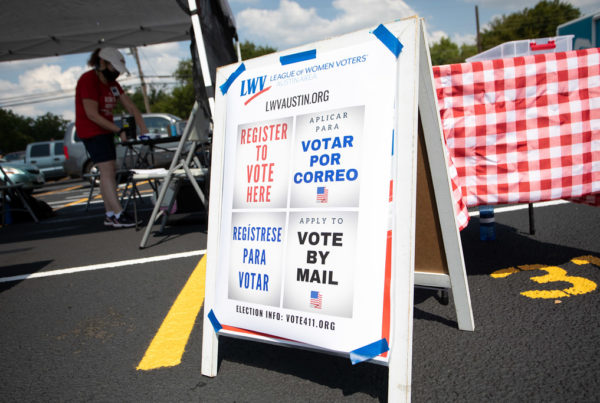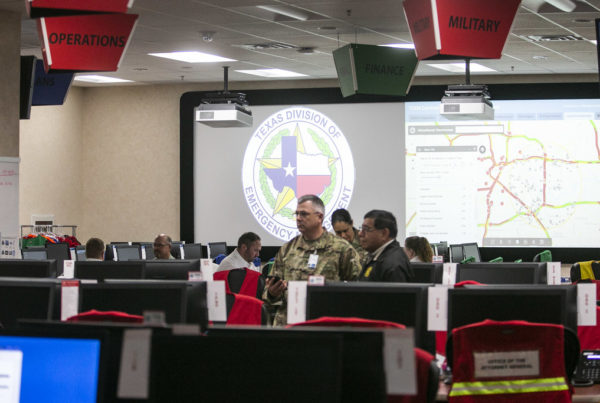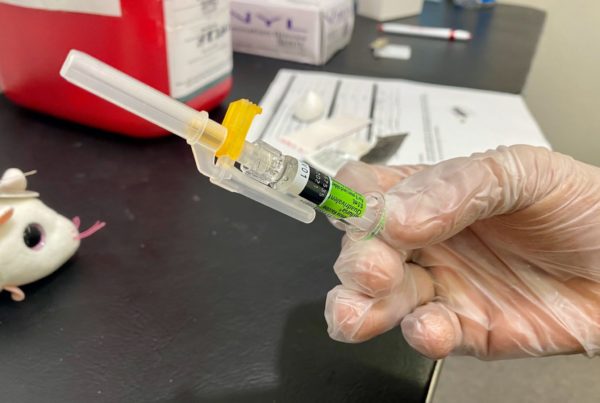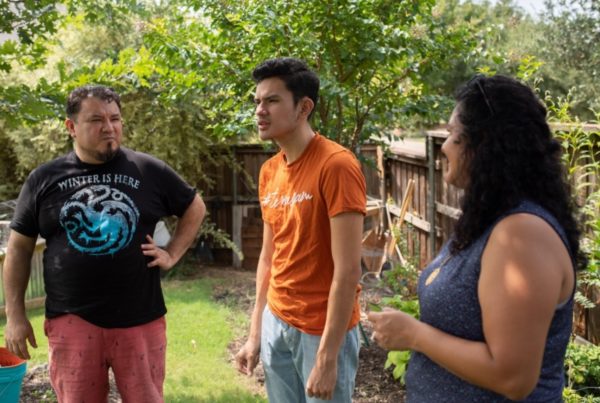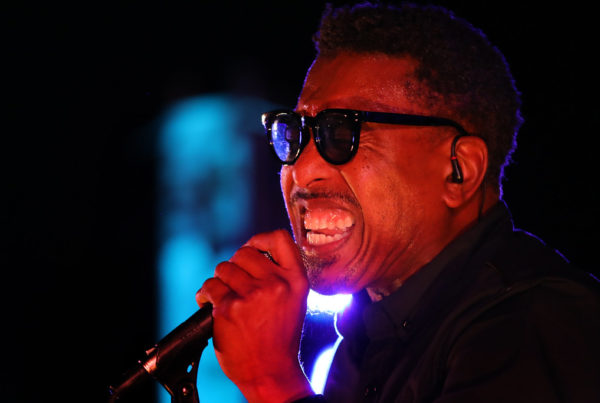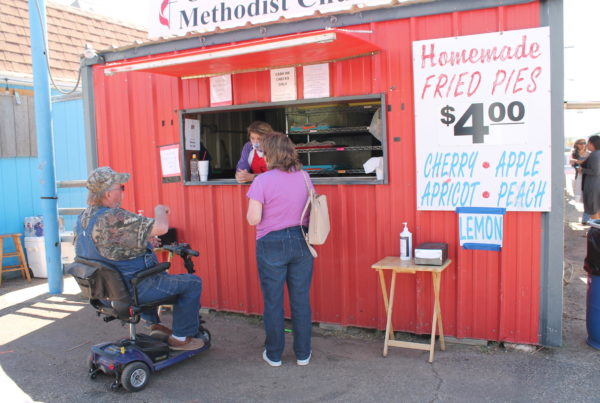Breonna Taylor, the innocent 26-year-old Black woman brutally gunned down by Louisville police in a botched raid, is still waiting for justice.
Three of the officers will not be criminally charged. One officer, already fired for his conduct the day of the shooting, faces a lesser charge for misfiring bullets into a nearby apartment. Taylor’s death, which preceded the vigilante killing of Ahmed Arbury in Georgia and the police murder of George Floyd in Minneapolis, helped to galvanize the watershed protests that have swept much of America (and parts of the world) since May 25.
The Taylor family’s attorney publicly requested the release of the grand jury transcripts, decrying the nation’s racially-divided justice system. The optics of the non-indictment, delivered by Kentucky’s first Black Attorney General Daniel Cameron, a rising Republican star mentored by senate majority leader Mitch McConnell, added further insult to injury. Republican officials who hoped that Cameron’s racial identity might shield him and Kentucky law enforcement from charges of racial bias were mistaken.
Protesters, ranging from Black Lives Matter activists to social justice, church, and civic leaders, descended on downtown Louisville. The demonstrations resulted in 127 arrests and the non-fatal shooting of two police officers.
Around the nation, from Portland, Maine to Los Angeles, California demonstrators chanted Breonna Taylor’s name as they bore witness to the latest example of unequal justice that gave spark to the BLM movement. “There are Breonnas everywhere,” read one sign in Norfolk, Virginia.
This is Breonna Taylor’s America. Where troubling signs of systemic police brutality, abuse, and killing of Black Americans is papered over by suggestions that “only a few bad apples” are at the root of the problem.
Where police unions brazenly support a sitting president who revels in promoting racial division and fanning the rhetorical flames against social justice protesters. Where racist terrorists shoot unarmed demonstrators in Kenosha, Wisconsin and are hailed by some on the right as heroes. A nation where peaceful protesters face assault from the police, vigilantes, even angry motorists who have, in a grotesque echo of the vehicular assault that left one woman dead in Charlottesville, Virginia in 2017, plowed into BLM demonstrations. Where the president wields ancient racial hatreds like a scythe to cut through intersectional solidarities that might lead to the creation of a more just society.
But Breonna Taylor’s America also has another face. Her visage graces the cover of the latest Vanity Fair issue, guest edited by Ta-Nehisi Coates. The entire magazine is devoted to interrogating the roots, causes, and potential aftermath of our current moment of political and moral reckoning around race, what the poet Eve L. Ewing calls the “great fire.” That fire, born out of the nation’s original sin, can be creatively destructive.
I remain an optimist whose faith is bolstered by squarely confronting the depth of systemic racism’s power over American institutions and white supremacy’s uncanny grip on the nation’s soul. There is a hard-won progress in the posthumous, global commemoration of Breonna Taylor’s life. In death she has become perhaps the first truly venerated Black women martyr of the centuries-long movements for Black life.


